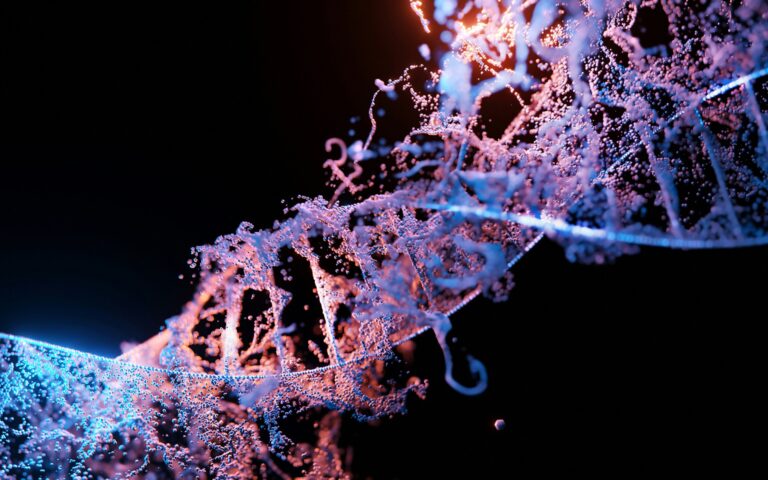
Natural selection is a fundamental process in evolution, driving adaptation through the interplay of random mutations and environmental pressures. This article delves into the mechanics of natural selection, common misconceptions, and its role in shaping the diversity of life on Earth.

Unlike cloned potatoes wiped out by disease, viruses thrive due to rapid mutation. Explore why genetic variation is key to species survival and how it shapes our differences.

DNA mutations are changes in the genetic code that generate variations among individuals. These mutations are crucial for evolution, influencing traits and adaptations. While most mutations are neutral or harmful, some can enhance an organism's fitness, driving evolutionary progress.

Delve into the fundamentals of evolutionary theory, covering key aspects like natural selection, genetic variation, and human evolution. Perfect for students and enthusiasts.

Explore the evolution theory, from its origins with Charles Darwin to contemporary genetic research. Learn how species adapt and evolve.

"The Irish Potato Famine was a devastating event in the 19th century. Learn about its causes, including potato blight and lack of genetic diversity."

Delve into the complex relationship between randomness and directed processes in evolution. Discover how genetic mutations, natural selection, and environmental factors interact to shape life's diversity. Uncover common misconceptions and gain a nuanced understanding of evolution's unpredictable yet patterned nature.

Discover the crucial role of genetic variation in species survival. This blog explores how diversity, from rapid viral mutations to sibling differences, provides resilience against environmental challenges. Learn why our genetic differences are not just cosmetic, but a key to human adaptability and survival.











